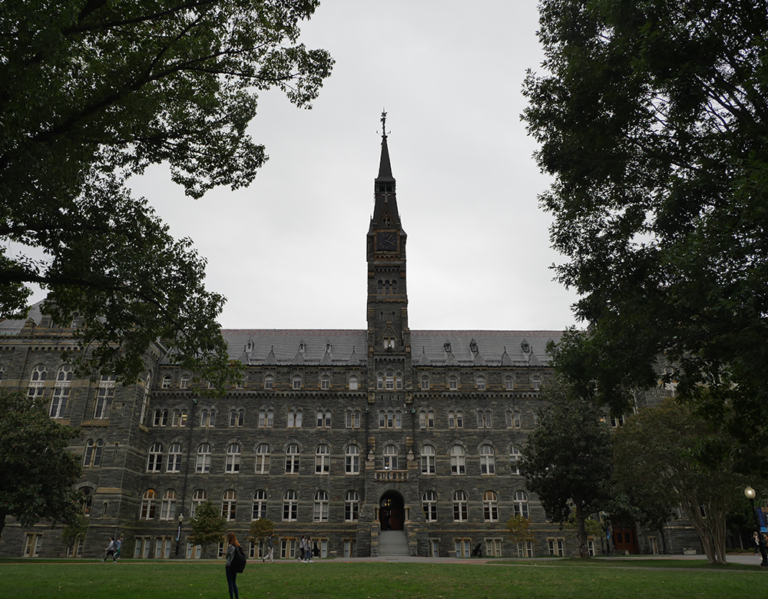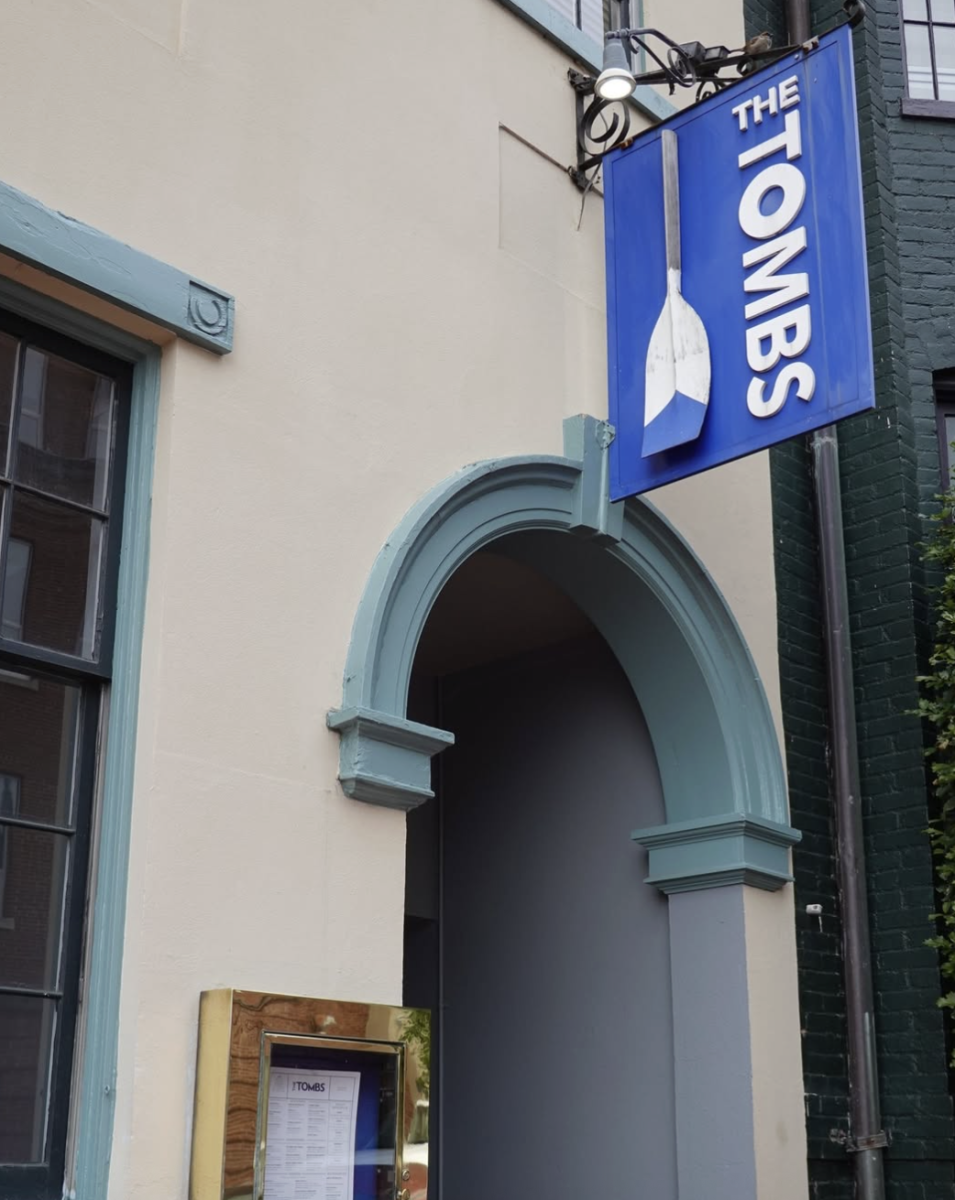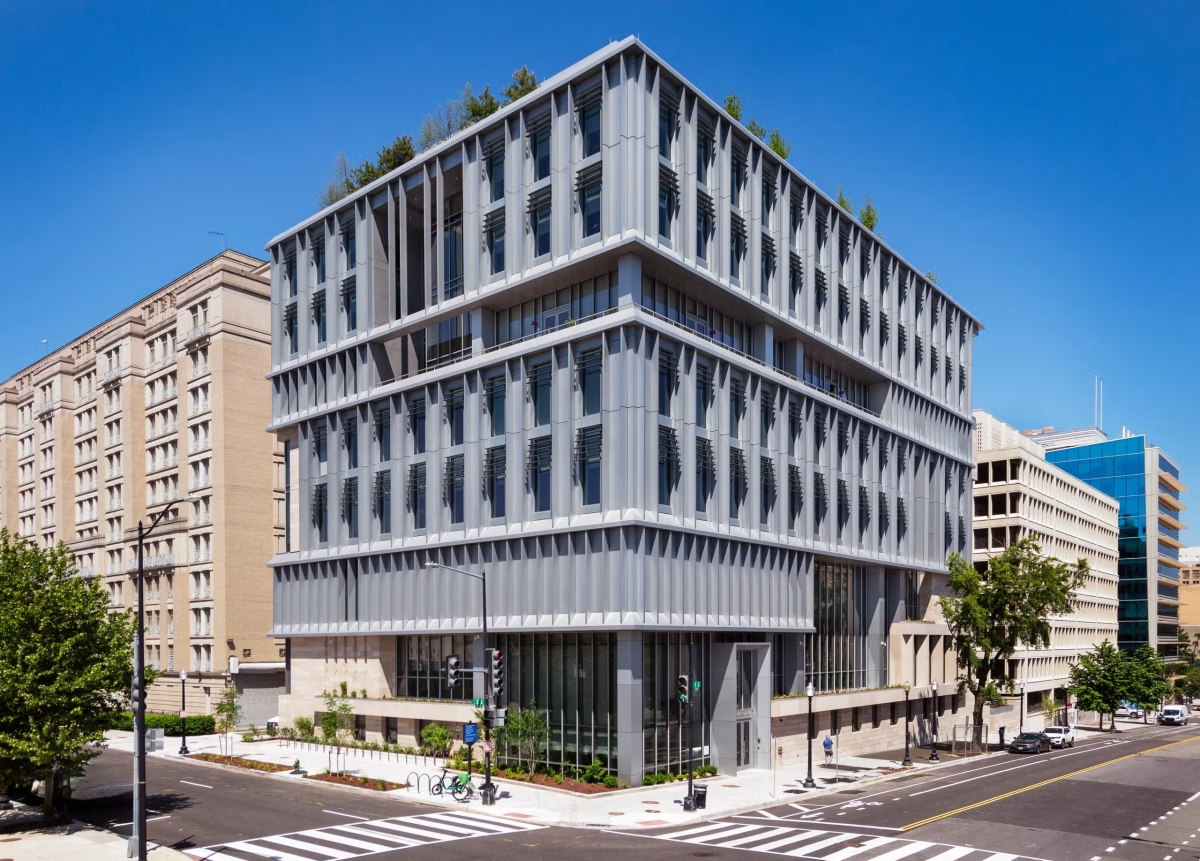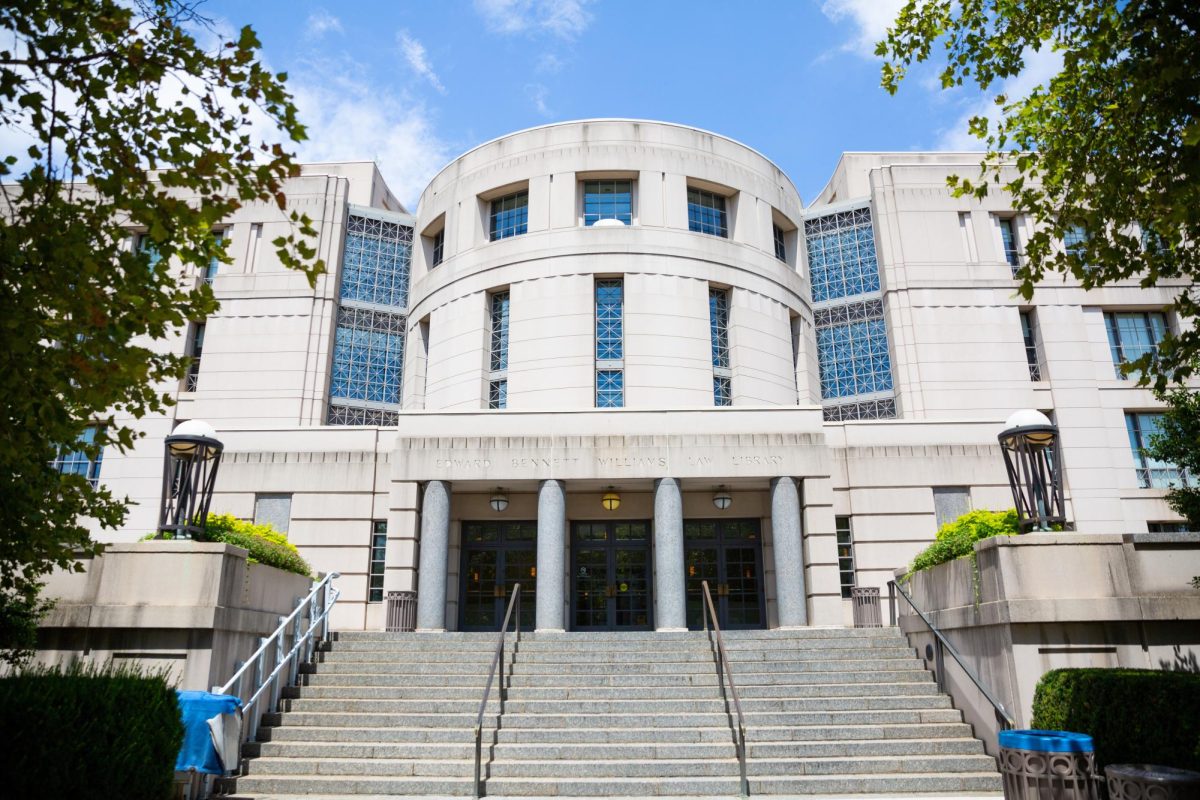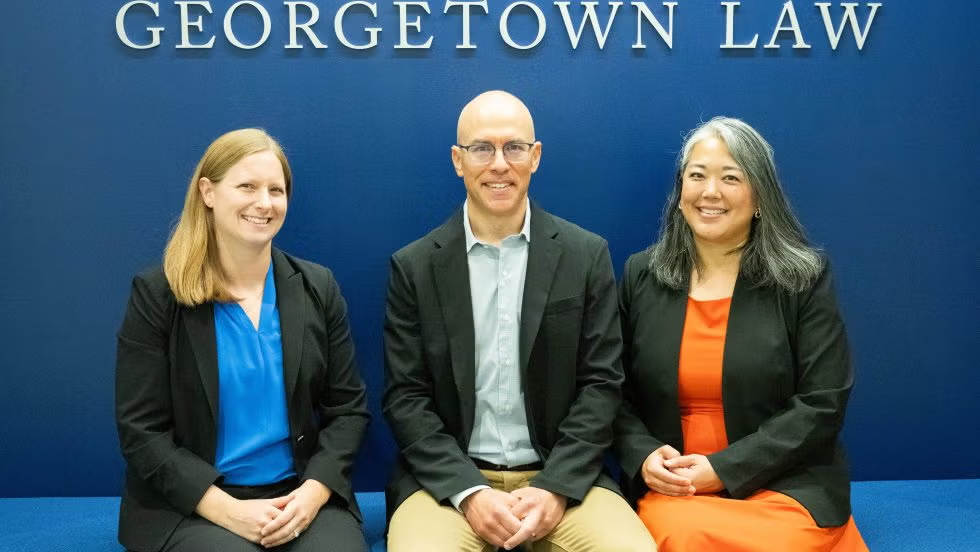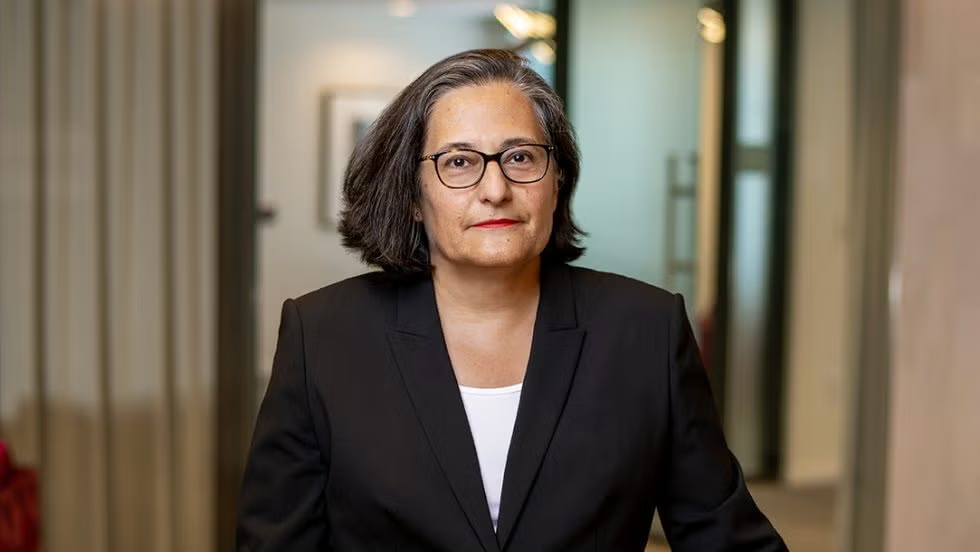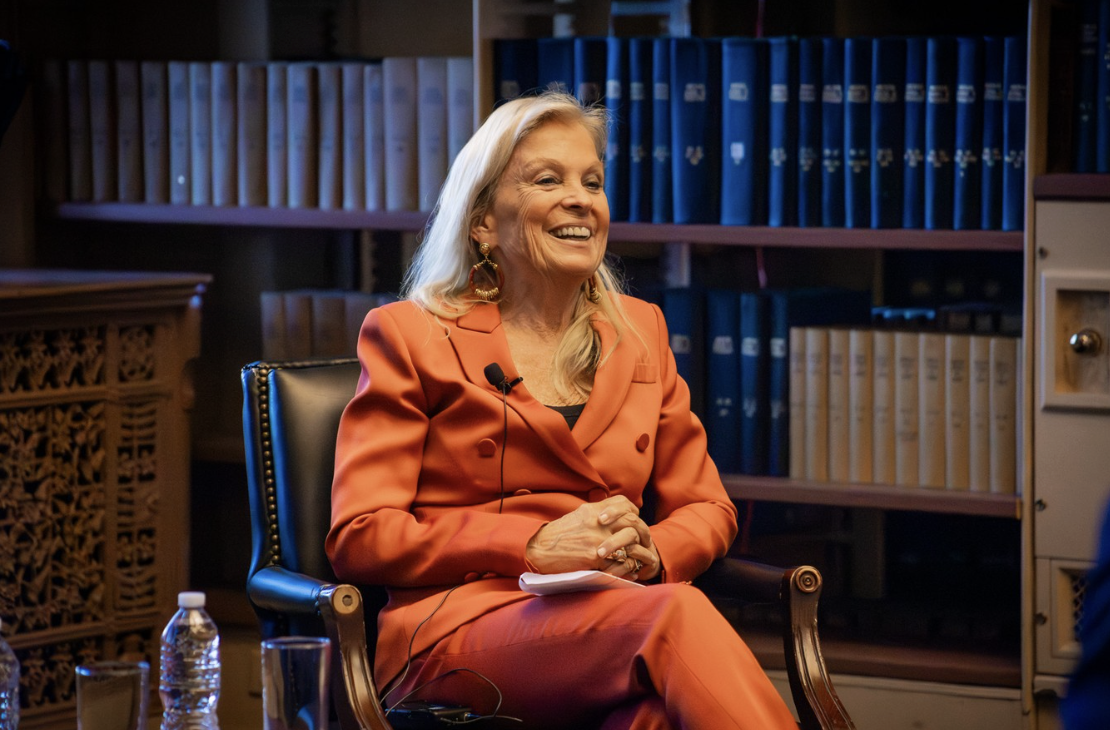Jack Leslie (SFS ’76), professor of the practice in the Georgetown University School of Health (SOH), was named chair of the National Institutes of Health (NIH) Clinical Center Research Hospital Board (CCRHB), a hospital dedicated to clinical research at the NIH campus in Bethesda, Md., Oct. 9.
The CCRHB is composed of experts in biomedicine, health care administration and public health, and patient representatives who advise NIH leadership on the hospital’s operations, particularly in areas of safety, clinical quality and regulatory compliance. Leslie previously chaired boards such as the United States African Development Foundation, a federal agency that provides enterprise development in sub saharan Africa, and the Elizabeth Glaser Pediatric AIDS Foundation, which works to end HIV/AIDS globally.
Dr. James K. Gilman, physician and chief executive officer at the NIH Clinical Center, said that Jack Leslie’s prior experience will be instrumental in advancing their mission.
“Jack Leslie has a lot of experience in thinking about strategy and public relations, marketing, helping people know what the clinical center is and what they do and how we communicate with all of our constituents,” Gilman told The Hoya. “He has enough experience with the work at Georgetown, Duke University, the Elizabeth Glaser Foundation, and he knows enough about healthcare to work at a very high level.”
“His work at Georgetown is in the realm of public health and a lot of what we do requires communication with the public,” Gilman added. “The public health viewpoint helps make sure that we are focused on the right kind of issues and is good in helping us understand how to communicate better.”
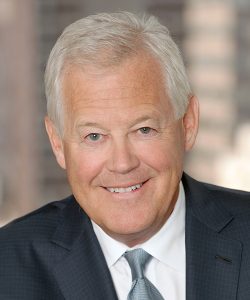
Leslie said that he aims to promote the work of the Clinical Center through his new role as chair.
“We want to do a better job of highlighting the work that the clinical center does — it does amazing work in finding new cures and it is one of the only clinical centers in the world,” Leslie told The Hoya. “As a hospital, it employs something called bench to bedside, which means that the researchers are oftentimes literally down the hall from the patients, so it is able to conduct clinical studies in ways that other institutions can’t.”
“It is very important to our nation’s health innovation goals, and it’s the reason why it’s called America’s research hospital.” Leslie added.
Leslie said that Georgetown stands to benefit in research opportunities due to its proximity to the Clinical Center and his new role as chair.
“The NIH broadly works with many universities in providing assistance for research,” Leslie said. “Given Georgetown’s proximity to NIH and its long history in groundbreaking research, such as in oncology, Georgetown has a real stake in the success of NIH and its clinical research.”
Christopher J. King, dean of the SOH, said that Leslie’s appointment as chair will support the school’s mission to advance health and well-being through research.
“Jack Leslie’s appointment as Chair of NIH Clinical Center Research Hospital Board is aligned with our mission, ‘to advance the health and well-being of people through innovative research and interdisciplinary education,’” King wrote to The Hoya. “Through his role, his insight will inform our growth strategy and deepen our capacity to advance knowledge, shape policy and inform practice.”
King said new opportunities for SOH faculty will also allow students to observe innovative research firsthand and learn from it.
“I can certainly see opportunities for our faculty — particularly those with appointments in the Departments of Human Science and Health Management and Policy,” King said. “I envision opportunities that will enhance teaching and scholarly inquiry. Of course, students will have a first row seat in these instances.”
Leslie said that the Clinical Center is dedicated to innovative research aimed at underrepresented patient populations, including children.
“The clinical center is very intense on making sure that there is full access to various patient populations,” Leslie said. “For example, it is very engaged in trying to begin to provide resources for research into underserved populations. Something we discussed recently is the importance of pediatric research.”
“Oftentimes, in medical research, very young populations are overlooked and that’s one of the things the clinical center will be addressing,” Leslie added.



